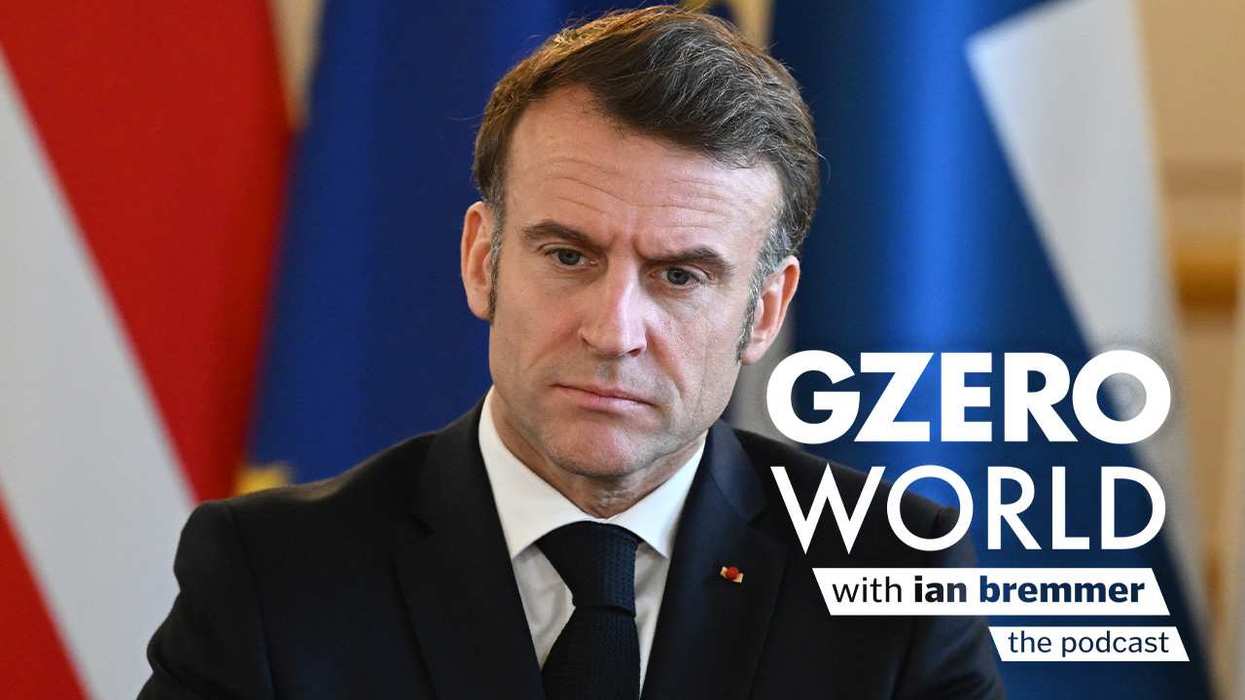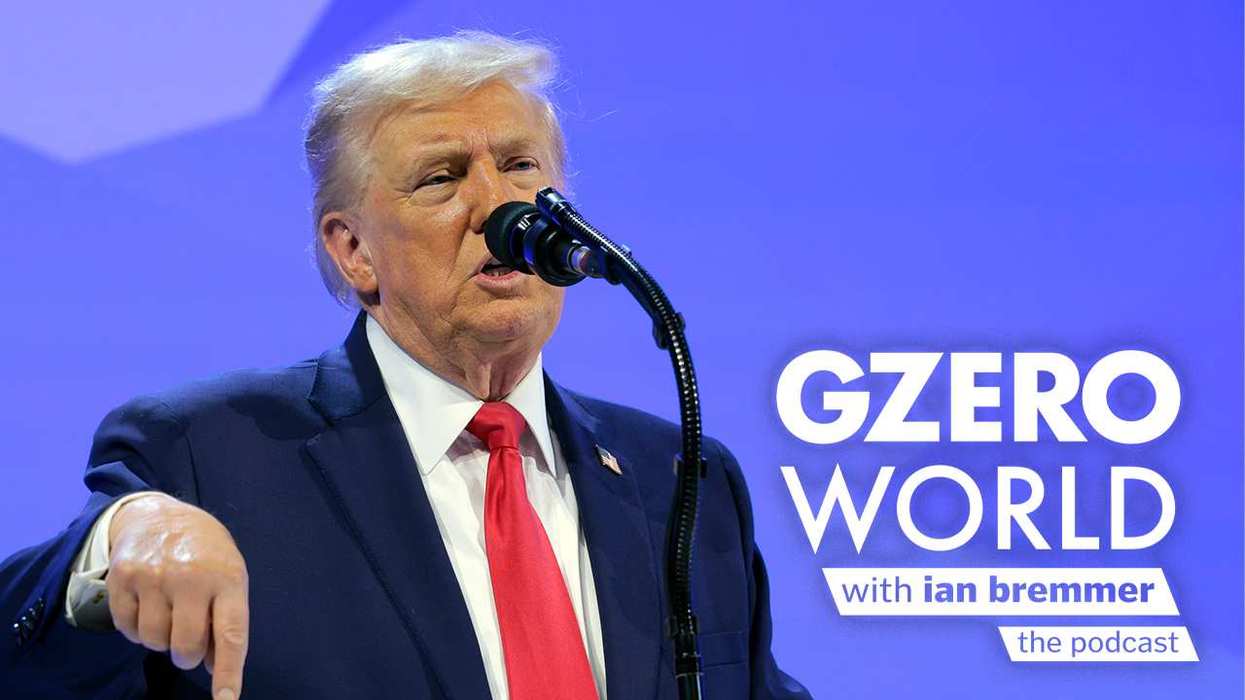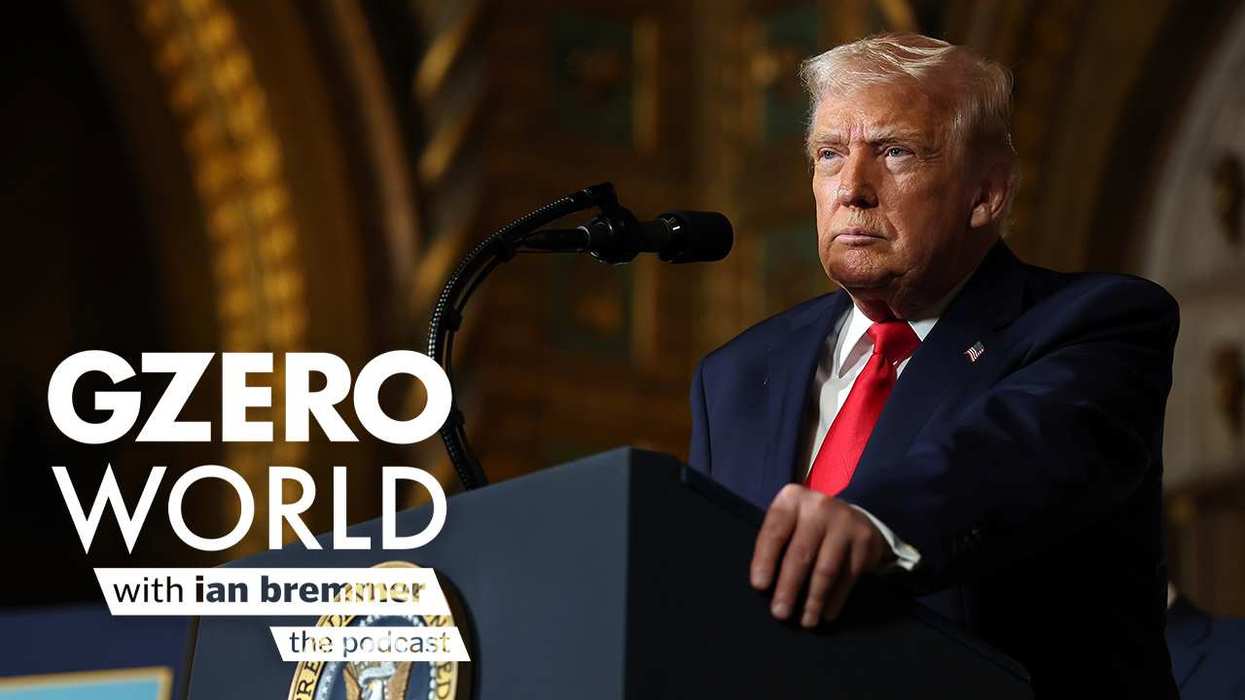NATO, Trump, and Europe’s wake-up call with Ivo Daalder
Ian Bremmer sits down with former US Ambassador to NATO Ivo Daalder to unpack a historic shift in the transatlantic alliance: Europe is preparing to defend itself without its American safety net.
Listen: At the Munich Security Conference, European leaders signaled a quiet but unmistakable message: they are ready to move forward, even as Washington’s role grows uncertain. Former US Ambassador to NATO Ivo Daalder explains why this moment represents a permanent rebalancing of responsibilities, after a long-standing reliance on the US for defense. “No, it’s not going to be the same as it’s been in the past decades,” he says. “That’s gone.”
The conversation explores the Russian threat looming over the continent, from a battle-hardened army emerging from Ukraine to shortfalls in Western weapons production. Daalder also highlights the political and ideological dimensions: a potential ceasefire in Ukraine could be a “trap” driven by domestic US politics, and European officials are increasingly concerned about MAGA-aligned movements undermining unity across the continent.
From NATO’s evolving role to Europe’s own strategic reckoning, Ian Bremmer and Daalder examine whether Europe can stand alone, and what leadership will look like in the West in the near future.
Subscribe to the GZERO World Podcast on Apple Podcasts, Spotify, Stitcher, or your preferred podcast platform, to receive new episodes as soon as they're published












